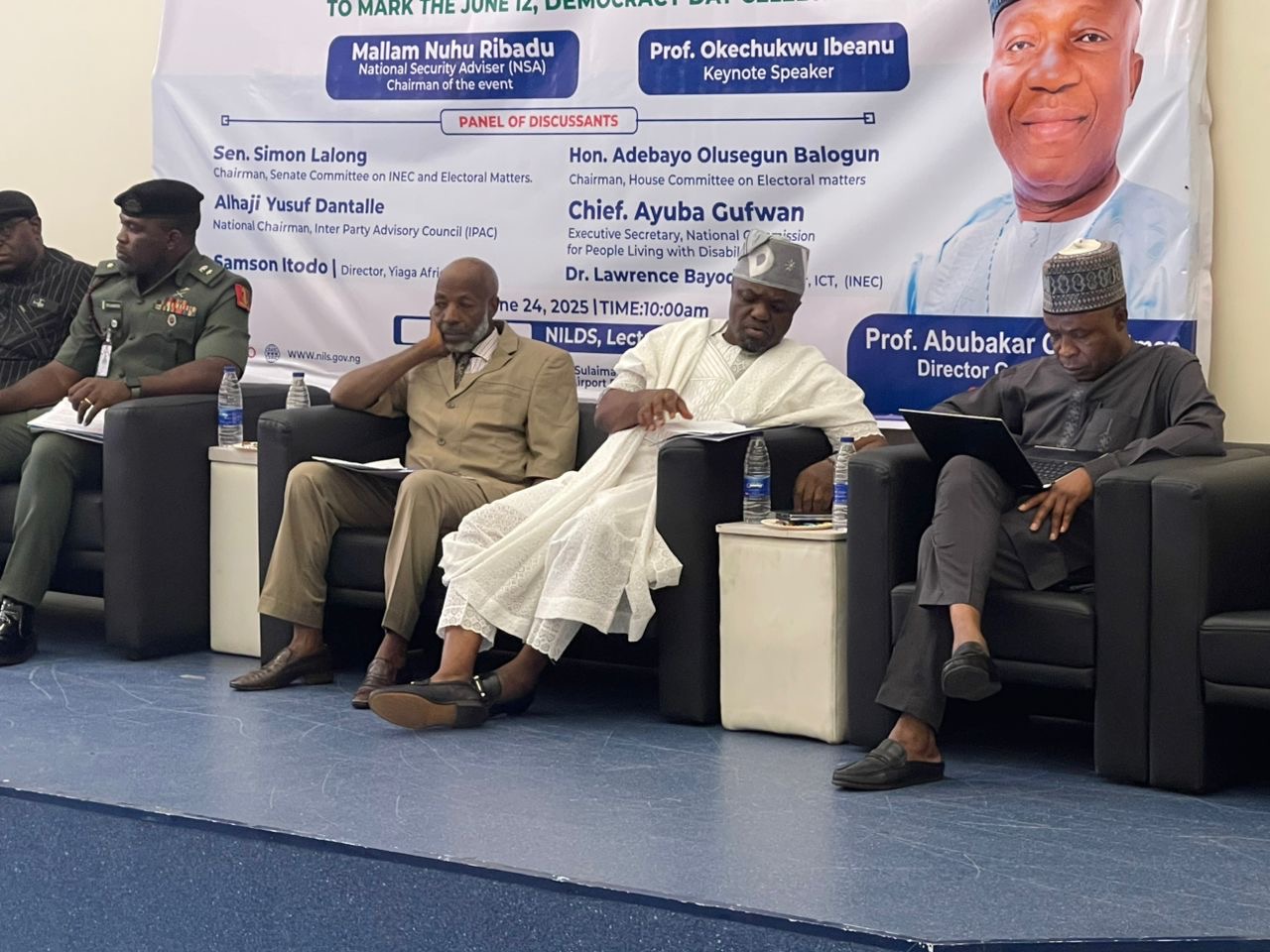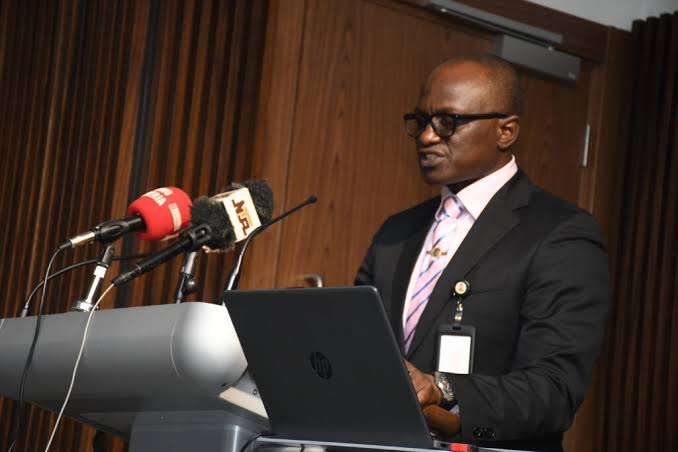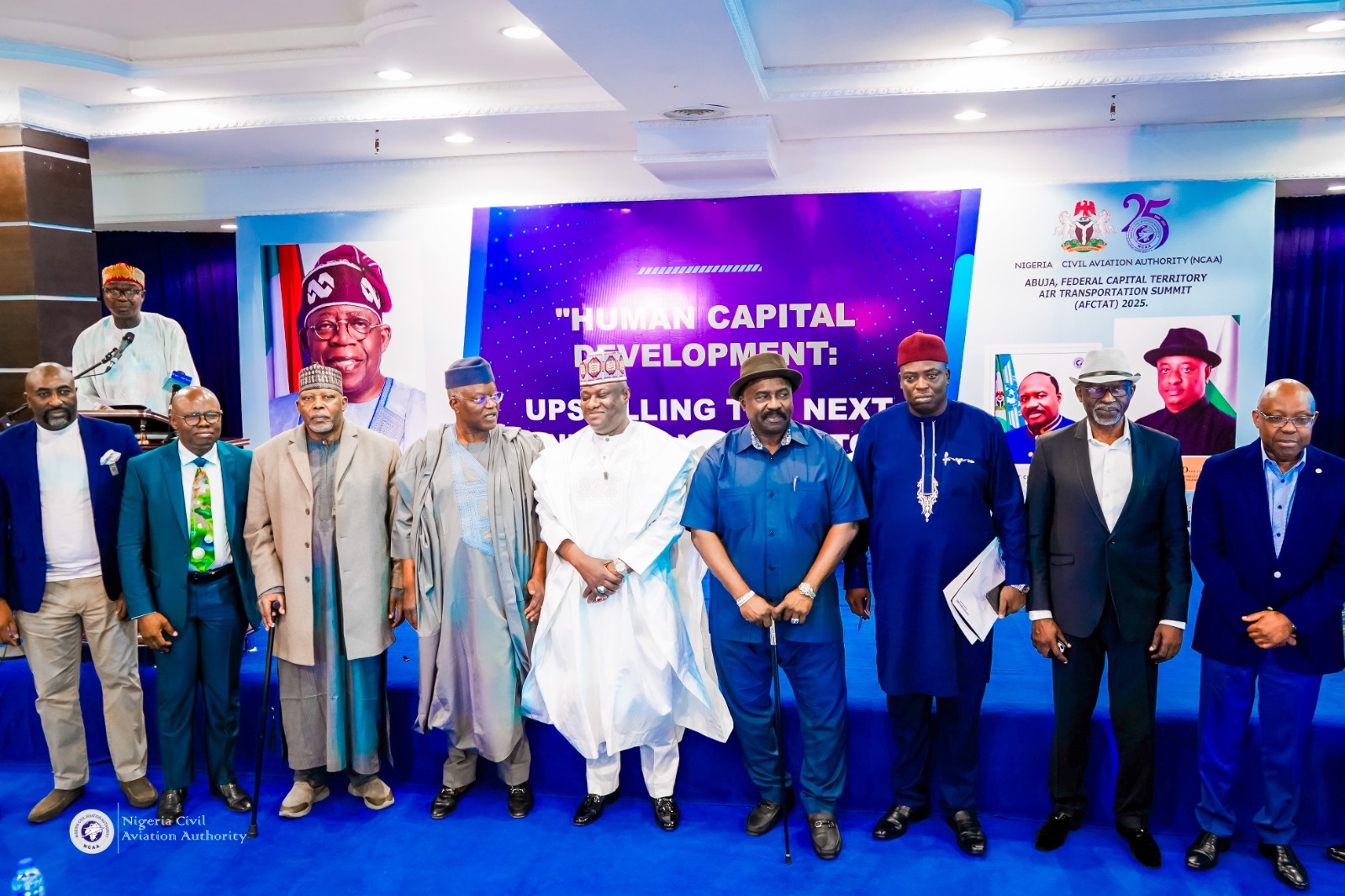504 total views today
By Sumaila Ogbaje, News Agency of Nigeria (NAN)
Nigeria’s quest for self-reliance in military hardware and technology recently received a significant boost with the Defence Industries Corporation of Nigeria (DICON) and the D7G joint venture.
On Jan.18, 2024, DICON and D7G Limited signed a Memorandum of Understanding (MoU) to establish a joint venture company codenamed DICON-D7G Nigeria Limited; it is aimed at meeting the defence needs of the Nigerian Armed Forces and other security agencies.
The DICON-D7G joint venture is designed to leverage the strengths of both partners to develop a comprehensive military industrial complex in Nigeria.
DICON, with its extensive experience in military hardware production, brings a wealth of knowledge and expertise to the table.
On the other hand, D7G, a manufacturing company with its global network and access to cutting-edge technology, provides the necessary support and resources to drive innovation and growth.
The DICON-D7G joint venture has several key objectives–the development of military hardware; designing, developing and producing a range of military hardware, including small arms, ammunition and armored vehicles.
The joint venture seeks to facilitate the transfer of technology and expertise from D7G to DICON, enabling the latter to develop its capacity for military hardware production.
The partnership also aims to build the capacity of DICON and other local industries to produce military hardware and equipment; also, the joint venture is expected to create jobs and stimulate economic growth in Nigeria.
During the inauguration of the board of DICON-D7G Board on March 19, the Chief of Defence Staff (CDS), Gen. Christopher Musa, reiterated the Federal Government’s commitment to reducing dependence on foreign arms procurement and enhancing Nigeria’s defence industrial base.
Musa said that Nigeria had remained committed to strengthening its defence capabilities to ensure that its gallant men and women in uniform had access to high-quality, locally manufactured military equipment, ammunition and other operational assets.
According to him, the establishment of a strategic partnership between DICON and D7G Nigeria Limited, represents a bold step towards actualising the vision.
He added that the joint venture was for the production of military hardware and equipment for the armed forces, as well as for intelligence, security and paramilitary organisations.
The CDS added that the partnership with D7G would offer a unique opportunity to expand production capacity, leverage advanced technology and foster knowledge transfer that would strengthen Nigeria’s position in the global defence industry.
“The partnership we celebrate today is a testament to our resolve to build a resilient defence manufacturing sector that will meet the immediate and future needs of our military and security institutions,” he said.
On his part, the Director-General of DICON, Maj.-Gen. Aniedi Edet, said the context of the collaboration with D7G was in terms of supply of defence materials and production of local defence items on the basis of 30 per cent to DICON and 70 per cent to D7G.
Edet said that the company was currently engaged in DICON with the first set of defence stock expected to arrive in DICON soon.
According to him, expected stocks include the 103 AK-47 weapons and other assorted weapons that will be assembled as soon as they arrive.
He said that DICOM and D7G collaboration held great prospects for the nation’s military industrial complex, adding that D7G was one of DICON’s most viable partners.
The Chief Executive Officer of D7G, Mr Osman Chennar, said the partnership would focus on bringing new generation technology for defence capabilities in Nigeria.
He said that the industry would soon begin production of ammunition, arms assembling and bomb fit for Nigeria and all of the African market.
More so, Retired Maj.-Gen. Mainasara Masanawa, Director, Land Systems, Innovation, Research and Development for DICON-D7G, said the joint venture was formed to develop Nigeria’s military industrial complex to enhance security in line with the DICON Act 2023, as well as President Bola Tinubu’s Renewed Hope Agenda on security.
He said the firm, in collaboration with DICON, was set to establish the first military jetty in Lagos on a land covering about 160,000 square metres.
He said the jetty would be used, in addition to stocks of arms and ammunition, for assembling drones on armed aerial vehicles, unmanned aerial vehicles, 4×4 vehicles, 6×6 armoured personnel carriers and mine-resistant ambush-protected vehicles.
Masanawa said the idea was also to use that opportunity to develop human capacity as the complex intended to employ skilled retired military specialists in the company.
He said that the armed forces had trained their personnel effectively and most of them had retired and would go with their knowledge.
According to him, it is an opportunity to bring them back and tap from them.
“We will also employ young engineers, scientists, electrical and electronic engineers that we will bring on board that will be guided by these skilled military personnel to develop weapons systems, radars, electronics, and also give youths the opportunity to display their skill in this new generation of artificial intelligence,’’ he said.
Masanawa said the joint venture had led to production and assembling of arms in Kaduna factory that would be readily available to the Armed Forces of Nigeria and other security agencies, while developing their factory in Lagos.
He said the company would also go into ship building when its factory comes on stream.
According to him, it will save the government funds in terms of foreign exchange because Nigeria can sell our goods and services, both in naira and in hard currency.
“However, if the government is to procure from outside, they have to pay in hard currency.
“So, we will be saving the government’s forex by providing all the defence equipment needs of the armed forces and paramilitary organisations in Nigeria locally.
“With that, our armed forces and security agencies will be self-sustained and self-sufficient to address all security challenges that have been existing, or may emanate in the future,’’ he said.
Security analysts say the groundbreaking partnership between DICON and the D7 Group of Companies is poised to revolutionise Nigeria’s military industrial complex.
“The DICON-D7G joint venture offers numerous benefits to Nigeria, including reduced dependence on foreign suppliers.
“By developing a viable military industrial complex, Nigeria can reduce its dependence on foreign suppliers of military hardware and equipment.
“The joint venture will enable Nigeria to produce military hardware and equipment that meet its specific national security needs, as well as stimulate economic growth in Nigeria by creating jobs and generating revenue.
“The joint venture will also facilitate the development of new technologies and expertise in Nigeria, which can be applied to other sectors of the economy,’’ a security expert said.
Some experts also say the DICON-D7G joint venture offers numerous opportunities for Nigeria, as well challenges that need to be addressed.
They say the challenges include infrastructure development as the joint venture requires significant investment in infrastructure, including manufacturing facilities, testing equipment and logistics.
“The partnership requires the development of human capacity in areas such as design, engineering, and production.
“The joint venture requires significant funding to support the development of infrastructure, human capacity and technology.
“In spite of these challenges, the DICON-D7G joint venture offers a unique opportunity for Nigeria to develop a viable military industrial complex.
“With the right support and investment, this partnership can help Nigeria achieve its national security goals while also stimulating economic growth and development,’’ a security analyst said.
In all, the DICON-D7G joint venture is a significant step towards developing a viable military industrial complex in Nigeria.
By leveraging the strengths of both partners, this partnership can help Nigeria achieve its national security goals while also stimulating economic growth and development.
As Nigeria continues to navigate the complexities of national security and economic development, it is stakeholders’ view that the DICON-D7G joint venture offers a beacon of hope for a brighter future. (NANfeatures)
***If used, please credit the writer and the News Agency of Nigeria.













